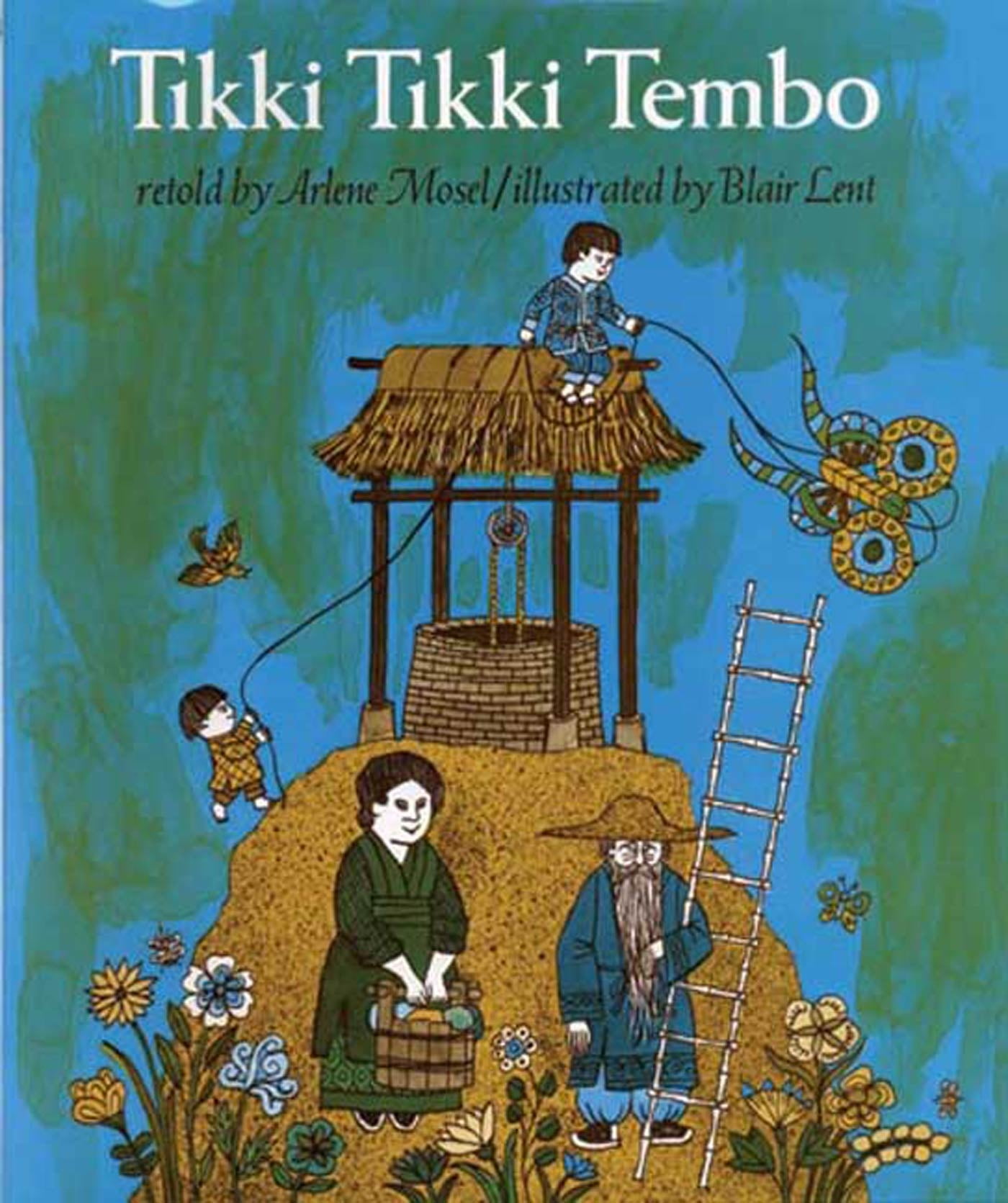

I guess I’m riding the fence on this one. It did bother me and I guess it still does bother me that this tale doesn’t quite seem “TRUE” - although completely amusing and wonderful in its telling. FOLKLORE does not have to mean SHARED by thousands of people or hundreds of generations, does it? What if the collector of folktales went to China, met an elderly person who happened to be one who MADE up stories all the time and MADE up an amusing tale about how CHINESE names are so short. Of investigation before we can blame anyone for any falsehood. As to the NAME and the AUTHENTICITY of this tale… it needs quite a bit Morsel retold it, obviously, (even though I can’t at present remember or find it) from ANOTHER collection of stories - which claims the origin of this story. I have no idea if this is indeed true with Tikki Tikki Tembo. Writing your own folktale and calling it “retold,” for whatever purpose, is shameful. One point in my post could have been misinterpreted, so let me be perfectly clear: I hope it turns out there is a real folktale in back of this after all. It’s just bad history, like saying that Little Black Sambo is out of the Jakartas.

But I think it is wrong to say that a story is part of a particular culture, when it isn’t. IF she had published it as her OWN fiction, no problem at all. I think Doyle60 is right.But I don’t agree that “there’s no harm in it” if Arlene Mosel did just make the story up. It always sounded to me as if the end was changed a little, that in fact Tikki tikki tembo might have actually drowned in the well, but that’s speculation.

In fact, I have meant for a long time to ask Child_Lit if this is a real Chinese story or not, so am glad this came up. Also, when one of the boys “bowed his little head clear to the sand” the picture shows him leaning BACKWARD! Now, you’d think Blair Lent (the artist) would know that bowing means leaning forward! The sentence about “Her second son she named Chang, which meant ‘little or nothing’ ” always seemed to me to contain a typo - it shouldn’t have quotation marks around “little or nothing.” (I.e., I interpreted itĪs saying that the name Chang didn’t have a whole lot of meaning, which I’m sure is not actually true.) I wondered about the structure of Tikki tikki tembo, etc., which sounded to me like a take-off on a Japanese name. I have read this book to my children many times and have always been bothered by a few things in it. That the truth is explained with a falsehood is mere fun mere storytelling–harming no one. Why would the author of such a memorable tale agree to having the the words “retold by” on the cover? Marketing? Please send more evidence of this.Īnd frankly, if the author did make it up, what harm is there in it? Really now! The book explains a truth–that Chinese give short names to their children.

That this is not a retold folktale does amaze me. Your complaint is sort of like saying, “hey, Kipling, but elephants do have long trunks!” Wait a second! This tale is an explanation of why Chinese *do* give just one or two characters to their children. People ususally have two or just one characters for their given names.’ ‘”Tikki tikki tembo-no sa rembo-chari bari ruchi-pip peri pembo” simply bears no resemblance to a Chinese name. “What’s in a name? A great deal, according to the Chinese of long ago, who honored their “first and honored” son with a grand long name but gave their second sons, of little importance, hardly any name at all! This special treatment of heirs is delightfully put down by Arlene Mosel in her humorous retelling of a favorite folktale of how the Chinese came to give ALL their children short names…” What’s even more disturbing is that the introduction written inside the book jacket made the story sound like a real folklore. Also, “Chang” is NOT “little or nothing.” The author should have done some homework before writing the story. The length of the name has no importance. In Chinese culture, it is important to understand that one needs to know the meaning of a character when naming a child. People ususally have two or just one characters for their given names. “Tikki tikki tembo-no sa rembo-chari bari ruchi-pip peri pembo” simply bears no resemblance to a Chinese name. Naming your first child a long long name and, second child, a name of “little or nothing,” is NOT TRUE at all in Chinese culture. I hope that people realize that “Tikki Tikki Tembo” contains very INCORRECT information about Chinese culture. All rights reserved for individual contributors.


 0 kommentar(er)
0 kommentar(er)
